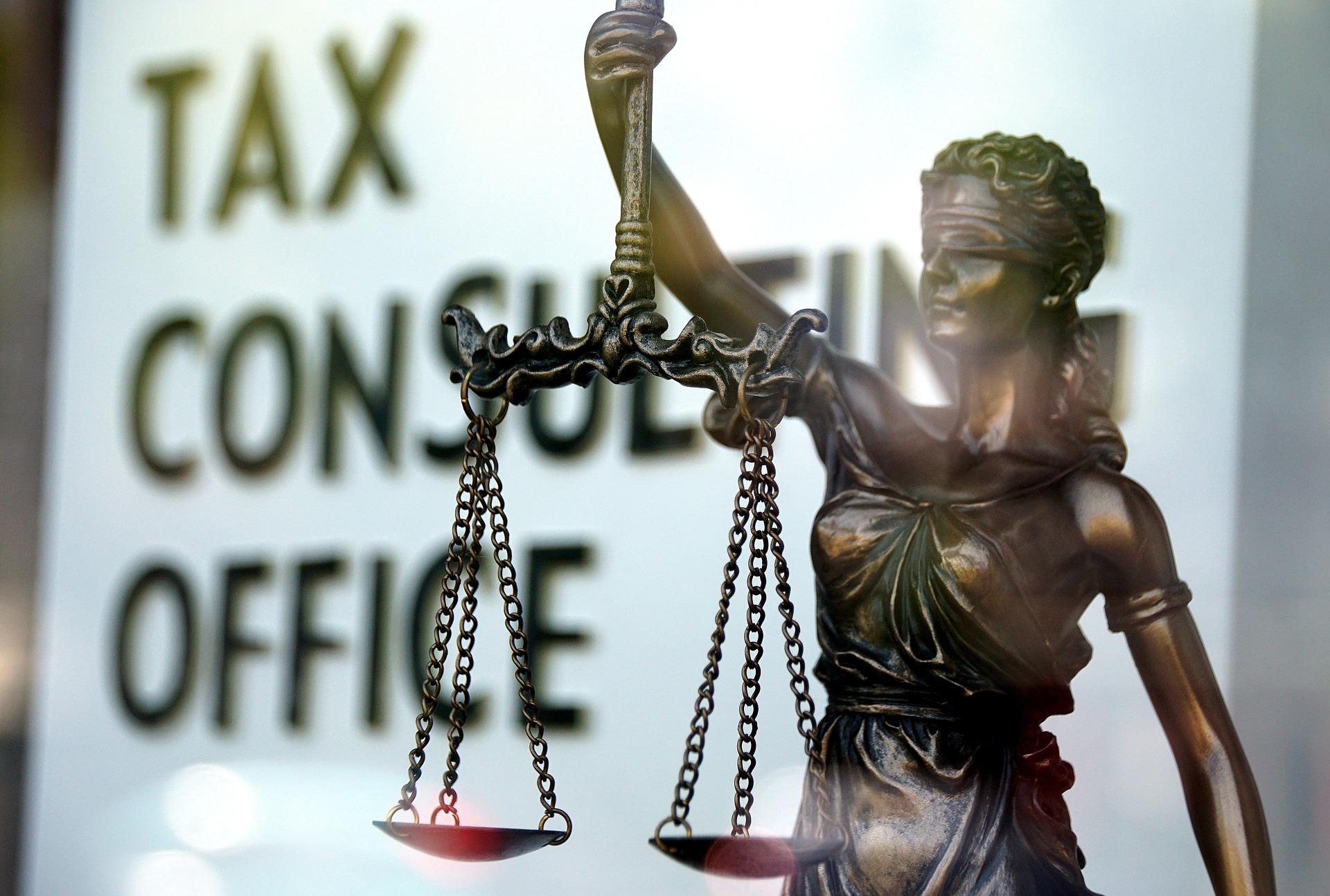Rethinking the Jury System: A Modern Take on an Ancient Institution
The jury system, a cornerstone of democratic justice, has been in place for centuries. Yet as society evolves, so must our legal institutions. This article will delve into the past, present, and potential future of the jury system, exploring its implications and impact on society.

Historical Context of the Jury System
The jury system, as we know it today, was born in 12th century England under the reign of Henry II. It was a revolutionary idea: twelve ‘free and lawful men,’ chosen from the local community, would listen to cases and determine the truth based on evidence and testimony. This system, built on the principle of trial by peers, was designed to ensure fairness and protect against arbitrary rule.
Evolution and Modern-Day Challenges
Over the centuries, the jury system evolved to incorporate various changes, such as the right to a fair trial and the presumption of innocence. However, in the contemporary age, it faces numerous challenges. These include accusations of racial and socioeconomic bias in jury selection, the increasing complexity of cases that may be beyond a layperson’s understanding, and the influence of media and public opinion on jurors.
The Role of Technology in the Jury System
As society becomes more digitized, the legal world is not immune. Virtual trials and online jury selection have become a reality due to the COVID-19 pandemic. While this shift has ensured continuity in justice delivery, it has also raised questions about accessibility and the potential for remote manipulation or hacking.
Potential Reforms and Their Impact
Given these challenges, legal scholars and practitioners have proposed a variety of reforms. These include improving juror education, utilizing professional jurors for complex cases, and implementing algorithms to ensure a diverse and representative jury pool. Such changes could enhance the efficacy, fairness, and legitimacy of the jury system. However, they also carry potential risks, such as the depersonalization of justice and the exacerbation of existing digital divides.
Future Directions: Balancing Tradition and Innovation
The future of the jury system lies in striking a balance between tradition and innovation. While maintaining the fundamental principles of trial by peers and the presumption of innocence, the legal system must adapt to societal changes to remain relevant and effective. This delicate balance requires thoughtful analysis and robust debate among legal professionals, policymakers, and the public at large.
The jury system, a bedrock of democratic justice, must evolve to meet the demands of a changing world. As we navigate the complexities of the 21st century, we must ensure that this ancient institution continues to uphold the principles of fairness, representation, and community participation that lie at its heart. By doing so, we can ensure that the jury system remains a pillar of our legal system, providing justice for all.






